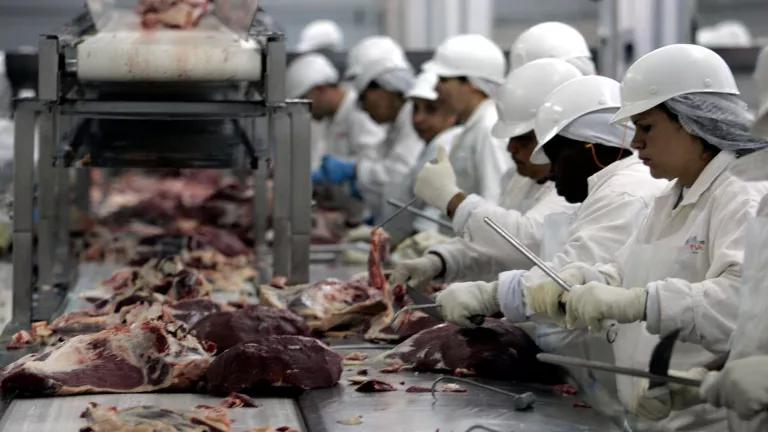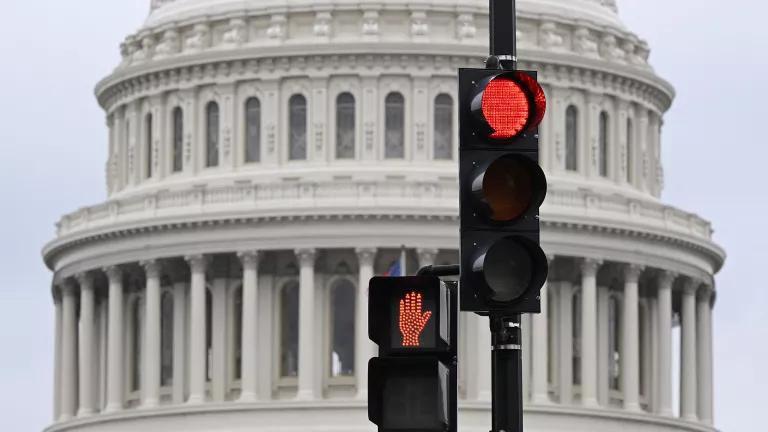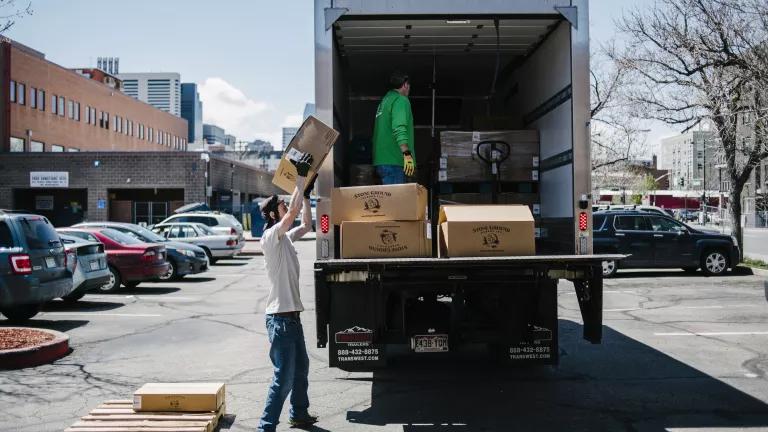Corporate Irresponsibility: JBS’s Inaction and Disregard for Worker Safety have Increased the Spread of COVID-19 in the United States and Brazil

Early in the coronavirus pandemic, meatpacking plants emerged as hot spots for COVID-19 in both Brazil and the United States. As of July 2020, these plants were associated with 6 to 8 percent of all U.S. coronavirus infections, and 3 to 5 percent of all deaths, according to one recent study. For meatpacking to be in such an ignoble spotlight is not a surprise. The industry has long been criticized for its unsafe working conditions and poor treatment of their employees, many of which are Black, Latino, Indigenous, or other workers from racial or ethnic minorities. One company with a particularly poor track record on worker health, safety, and human rights is the Brazil-based conglomerate, JBS S.A.
JBS is the world’s largest meat processor. The public company, controlled by the Batista family, has an estimated value of $11.7 billion. JBS employs around 242,000 workers in 15 countries, including 120,000 workers in Brazil and more than 78,000 workers in the United States.
Even as evidence mounted in 2020 that slaughterhouse workers were especially vulnerable to coronavirus infection, many JBS plants simply refused to slow down. Throughout the pandemic, JBS workers in both Brazil and the United States have reported a culture in which employees have to work while sick (there is no sick leave) and facemask and social distancing rules are routinely not enforced. In the United States as well as in Brazil, JBS has faced few consequences for its blatant disregard for workers’ lives during the pandemic.
Governments and investors must hold JBS and other meatpacking companies accountable for their practices, especially with respect to worker safety. Our latest issue brief lays out some steps JBS must take if it wants to truly demonstrate greater responsibility.


